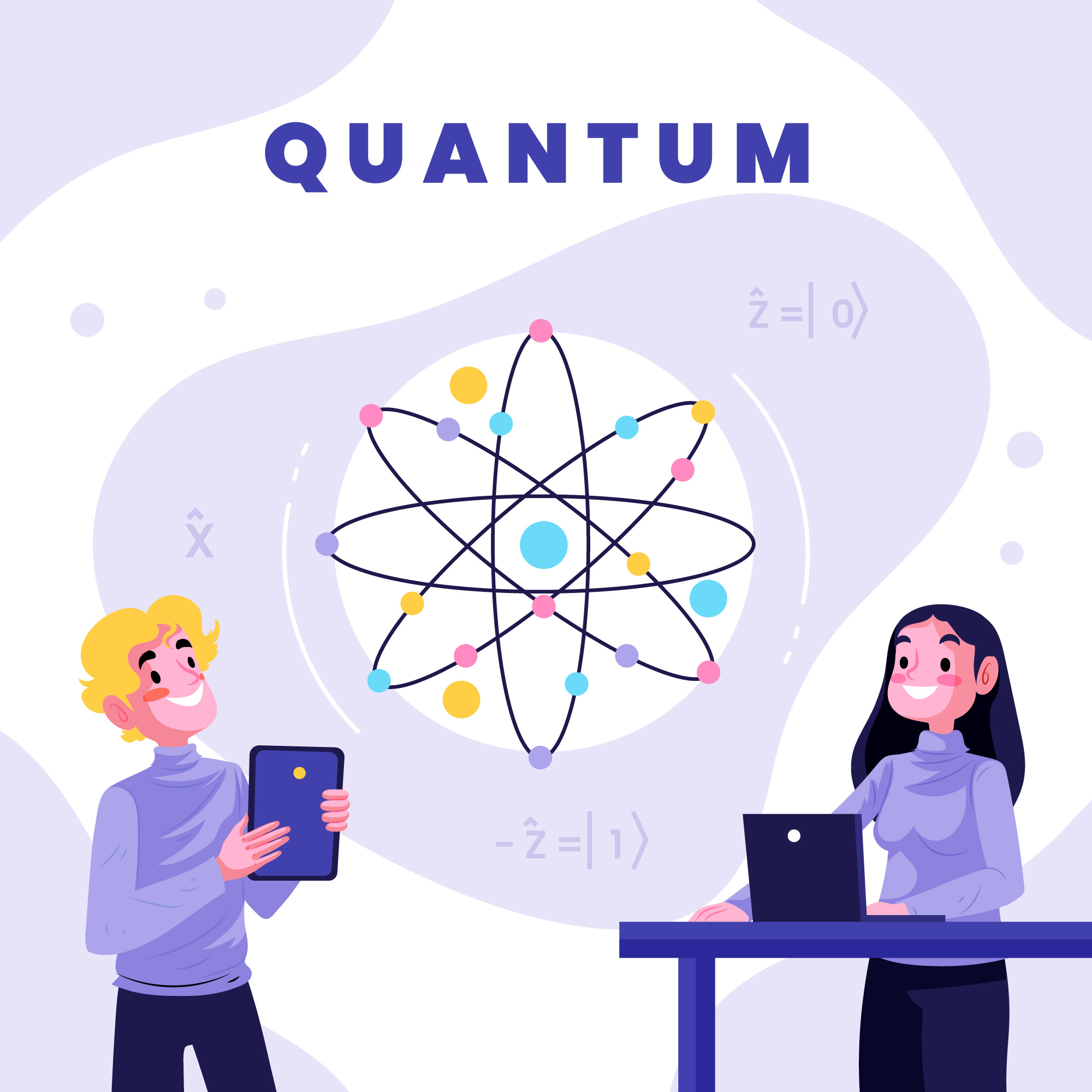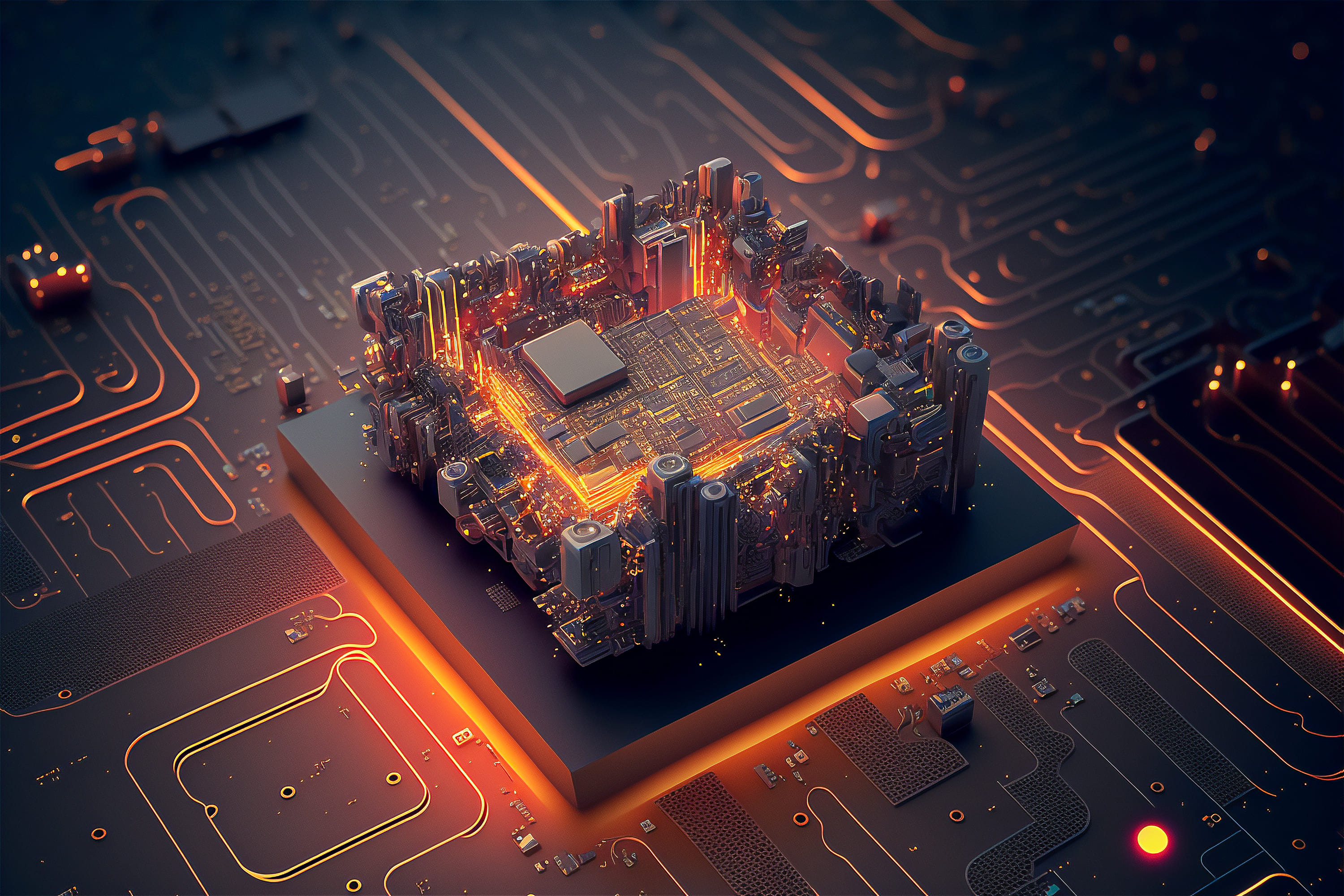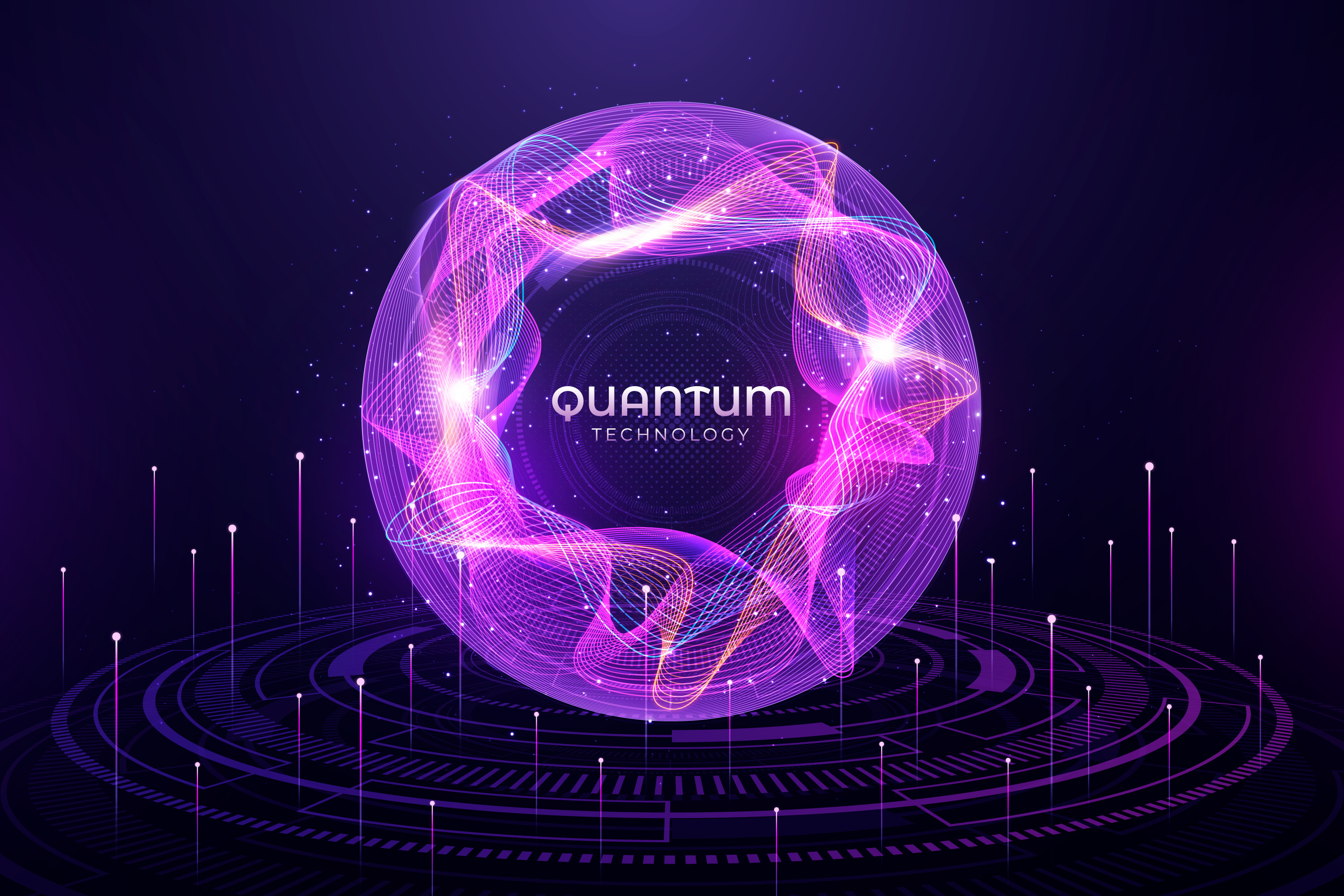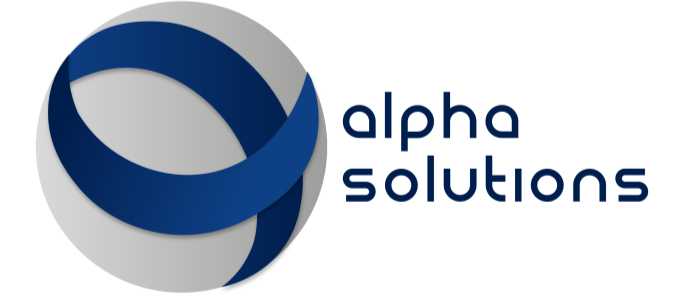
Have you ever heard about Quantum Computing? Quantum computing exploits the laws of quantum mechanics to solve problems too complex for classical computers. Let’s see it more in detail.
Quantum Mechanics
This topic can be difficult and perhaps only physics enthusiasts will understand what this article is about, and yes, we are talking about quantum mechanics and computer science. Specifically, quantum mechanics is a theory of physics that studies the details of nature, namely atoms and subatomic particles.
But what exactly are they?
Atoms are, to put it simply, very small elements that make up the chemical elements (such as sodium, the salt we use every day, or even silver) and in turn are made up of other elements (protons, they have a positive electric charge, and neutrons, they have zero electric charge) whose number allows each chemical element to be distinguished from the others. Subatomic particles, on the other hand, are elements smaller than the atoms we have talked about and can be both elementary and formed from other particles (such as protons and neutrons).
Quantum mechanics was born precisely to observe, study and explain all those tiny and difficult to observe aspects that classical physics failed to consider. Here is a useful link that you can consult: https://www.ibm.com/topics/quantum-computing

What’s Quantum Computing?
Now that we know what quantum mechanics is, we can interrogate ourselves about the relation between physics and computers. Well, physics and computer science are strongly related to each other, and they always depend on each other. This supercomputer is different from a normal computer because it uses the knowledge of quantum mechanics to solve very difficult mathematical calculations, which our normal computer is not able to do. I already know what you may ask, what do calculations have to do with computers?
If you think of the web pages from which you are reading this article, you will only see writings and images with which you can interact by clicking on them, for example, but not everyone knows that everything in front of you is made up of numbers, even writings! These numbers are calculated by computers, which in turn show you these numbers in the form of web pages, video scripts, images and anything that can be found on the internet. Cool, right?
So, a quantum computer is able to perform any calculation faster than a normal computer, and especially complex calculations that our computer would not even recognize. moreover, this supercomputer can break encryption schemes used in common sites (to find out more, you can consult our article on Blockchain, where we explain what encryption is and how it works: https://alphasolutions.pw/blog/ ) and can also perform physics simulations, all of which is essential for the function of the quantum computer, i.e., data analysis. Here is a good webpage to find information: https://www.energy.gov/science/doe-explainsquantum-computing

Where can we find a Quantum Computer?
The first computer presented was in 2019 by IBM and, through the cloud, can be used by companies for commercial applications ranging from financial models to personalized drugs, from weather forecasts to cryptography. Subsequently in recent years many high-profile companies have dedicated themselves to the study of the science of these computers, such as Google.
The problem, however, is that these computers have yet to be perfected, and they won’t replace the normal ones that we use every day, because this computer science is developed by and for big companies that needs them to analyze data. Here is an interesting article about the creational process of these computers: https://www.energy.gov/science/articles/creating-heart-quantum-computer-developing-qubits

Some problems of Quantum Computers
One of the first problems concerns the qubits which are powerful in calculations but still delicate, in fact due to normal magnetic waves and changes in ambient temperature they lose their powerful qualities in less than a second.
The Quantum Bit (quibit) is the information unit of these computers and, unlike the normal computer where a bit can assume either the value 0 or the value 1 (by bringing the bits together we will have codes, i.e. those we have talked about a moment ago to explain the relationship between the computer and mathematical calculation), the qubit can assume either only one of the two values or a superimposition of both and it is precisely this that generates the power in the calculations.
Another problem lies in the temperatures, these computers in fact work at temperatures of around -273 degrees Celsius (-459,4 Fahrenheit), being that these temperatures are humanly impossible, the only solution is cooling through liquefied gases, but this involves a very high cost. You can consult this article if you want to delve into the topic: https://blogs.scientificamerican.com/observations/the-problem-with-quantum-computers/

Alpha Solutions
Alpha Solutions offers a variety of articles for everything that you need! Every curiosity and question will be satisfied, and you will find many interesting facts that you didn’t know about. Consult the official site to find information about our team, request one of our services and read many of the interesting articles that we offer you. https://alphasolutions.pw/
Related Posts
Developing Soft Skills for Better Interviews and Client Relationships
When you deliberately invest in freelance soft skills development, you increase your chances of winning…
Key Skills to Excel as a Freelance Virtual Assistant
The role of virtual assistant is one of the few professions that is not threatened…
Enhancing Interviews with Emotional Intelligence and Non-Verbal Communication
Job interviews are not just about professional experience; 70% of success is emotional intelligence in…
Effective Communication Strategies for Remote Teams
Effective communication is essential in any type of work, but when it comes to remote…








 test
test

Biotechnology: The Ingenuity of Genome Editing – Alpha Solutions
July 13, 2023[…] the modification of three amino acids to reduce the number of errors in genome editing. Perhaps quantum computing can be used to detect and correct these potential errors in DNA and RNA transcription more […]